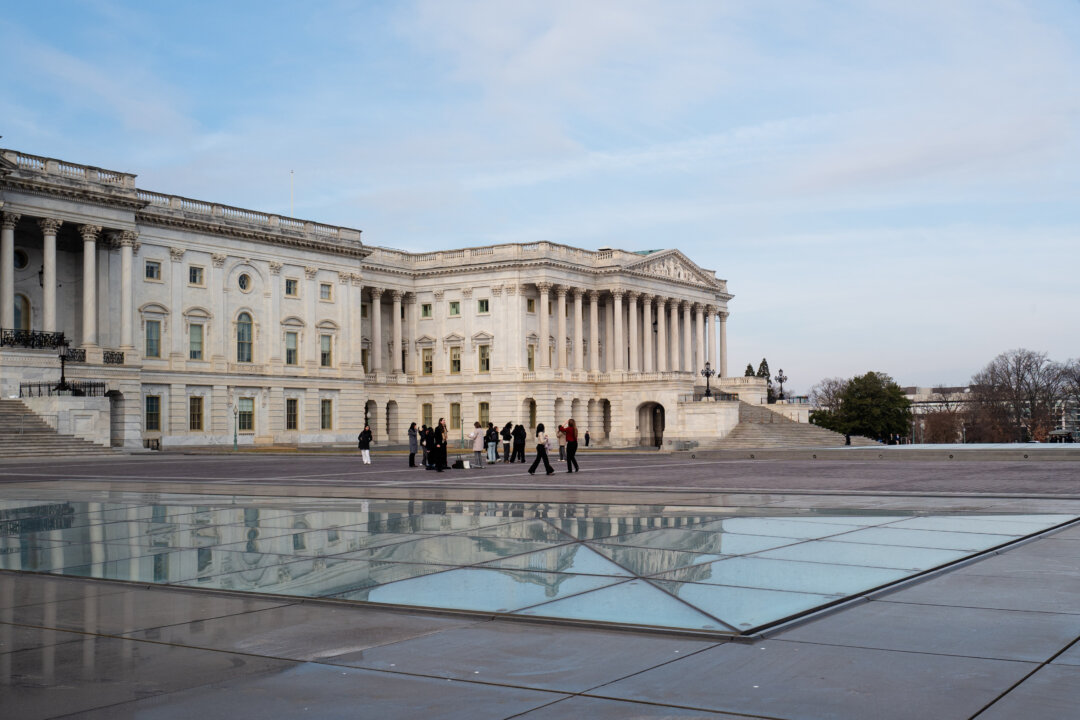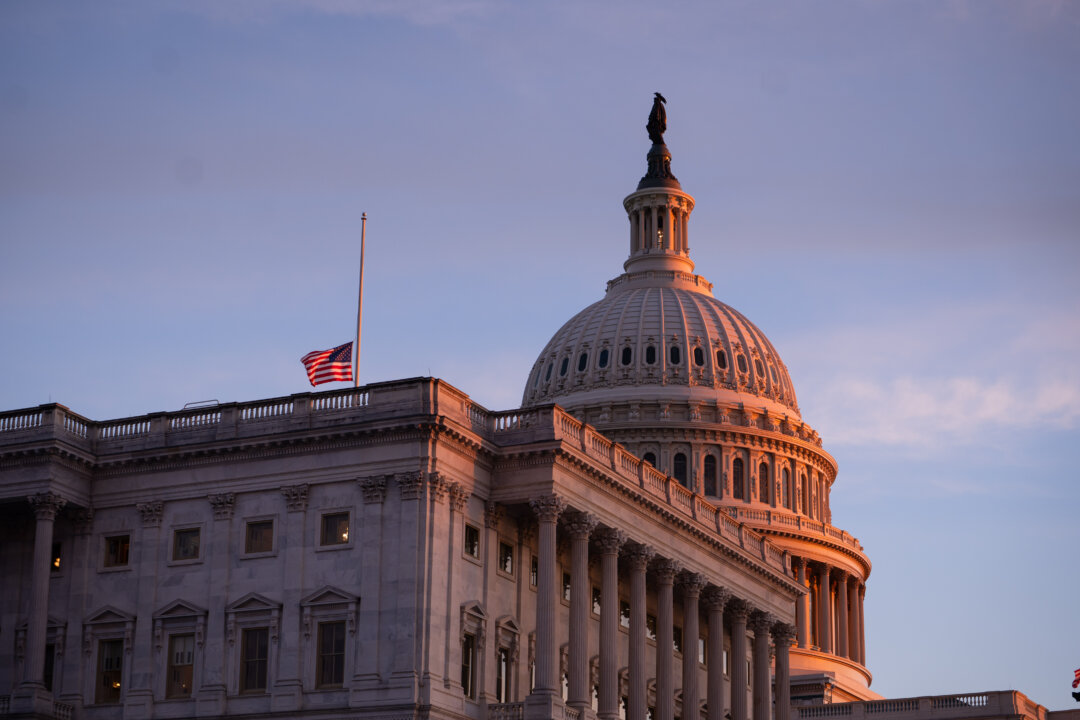Barrasso vows Senate rule changes to break ‘egregious’ nominee delays
the article discusses Senate Republican leadership, notably Majority Whip John Barrasso, signaling plans to change Senate rules to overcome what they describe as unprecedented Democratic obstruction of President Donald Trump’s nominee confirmations.Barrasso criticizes senate Minority Leader chuck Schumer and Democrats for using delay tactics that have resulted in a backlog of 145 pending nominees, nearly half of whom had bipartisan committee support. Republicans argue that these delays are unprecedented and have transformed routine confirmations into prolonged battles involving multiple procedural votes.
Barrasso suggests limiting debate time and altering Senate procedures to speed up confirmations, leveraging the Republican majority to implement these changes by a simple majority vote. He contrasts current delays with past administrations, noting that previous presidents often had nominees confirmed by voice vote or unanimous consent-methods now rarely used for Trump’s nominees. Barrasso also dismisses recess appointments as a temporary and flawed solution.
In response, Schumer accuses Republicans of hypocrisy by referencing the 2016 refusal to hold a confirmation vote for Obama’s Supreme Court nominee, Merrick Garland, under GOP leadership. Attempts at negotiation, such as Schumer’s offer to fast-track nominees if Trump released frozen funds, reportedly were declined by trump.
the article highlights escalating partisan conflict over judicial and other nominations in the Senate, with Republicans pushing rule changes to curtail what they see as “egregious” obstruction by Democrats.
Barrasso vows Senate rule changes to break ‘egregious’ nominee delays
Senate Republican leadership has offered its latest warning that chamber rule changes are on the horizon to combat what they say is unprecedented Democratic resistance to President Donald Trump’s nominees.
Citing the desire to “end the most egregious delay tactics” from Senate Minority Leader Chuck Schumer (D-NY), Majority Whip John Barrasso (R-WY) made the case that Republicans have an electoral mandate to confirm Trump’s nominees in a timely fashion.
“Confirming even the most routine nominees is now a bitter fight. It is time to change Senate confirmation rules,” Barrasso wrote in a Wall Street Journal op-ed published Tuesday. “Through dilatory warfare, Democrats have broken their ‘advice and consent’ responsibilities. This drastic a slow-roll has never happened under a modern president.”
In response, Schumer accused Barrasso of hypocrisy, referencing the 2016 refusal by former Senate GOP Leader Mitch McConnell (R-KY) to hold a Supreme Court confirmation vote for Obama nominee Merrick Garland.
“I don’t recall this hysteria from John when Mitch stole a Supreme Court Justice,” Schumer posted.
His office did not respond to a request for additional comment.
The Senate will return Tuesday evening from August recess to 145 pending nominees awaiting approval by the full chamber, nearly half of whom received bipartisan support in the respective committees from which they advanced, according to Barrasso. As part of a blockade he called “staggering,” Barrasso said Democrats have forced multiple roll-call votes for 40 positions that senators under previous administrations did not require.
Among the rule changes Republicans have floated is limiting debate time as Democrats use a series of procedural votes to draw out individual confirmations over multiple days. Republicans, who control the Senate 53-47, need only a simple majority vote to alter the rules.
“These confirmations used to take seconds. Now, each can take days,” Barrasso wrote.
Presidents of both parties, dating back decades, including former Presidents George H.W. Bush, Bill Clinton, George W. Bush, Barack Obama, and Joe Biden, saw more than half their nominees confirmed via voice vote and unanimous consent. In Trump’s second term, it’s been 0%, with dozens stuck in what Barrasso characterized as “Senate procedural purgatory.”
Barrasso suggested the Democratic resistance has driven the party “further into an electoral ditch,” citing lackluster recent polling and voter registration statistics. He said recess appointments were also an option for Republicans but described them as only a “temporary fix.” Most Republicans oppose relinquishing their “advice and consent” role in exchange for recess appointments, a process that would require both chambers of Congress to recess for an extended period of time.
SENATE REPUBLICANS WEIGH RULE CHANGES, RECESS APPOINTMENTS TO BREAK NOMINEE LOGJAM
Before the August recess, Schumer offered to fast-track dozens of nominees in exchange for Trump unlocking billions of dollars in frozen funds previously appropriated by Congress. Trump reportedly declined the offer.
“For decades, noncontroversial nominees moved through the Senate in a timely manner,” Barrasso wrote. “Democrats destroyed this tradition by treating every Trump nominee as controversial.”
" Conservative News Daily does not always share or support the views and opinions expressed here; they are just those of the writer."



